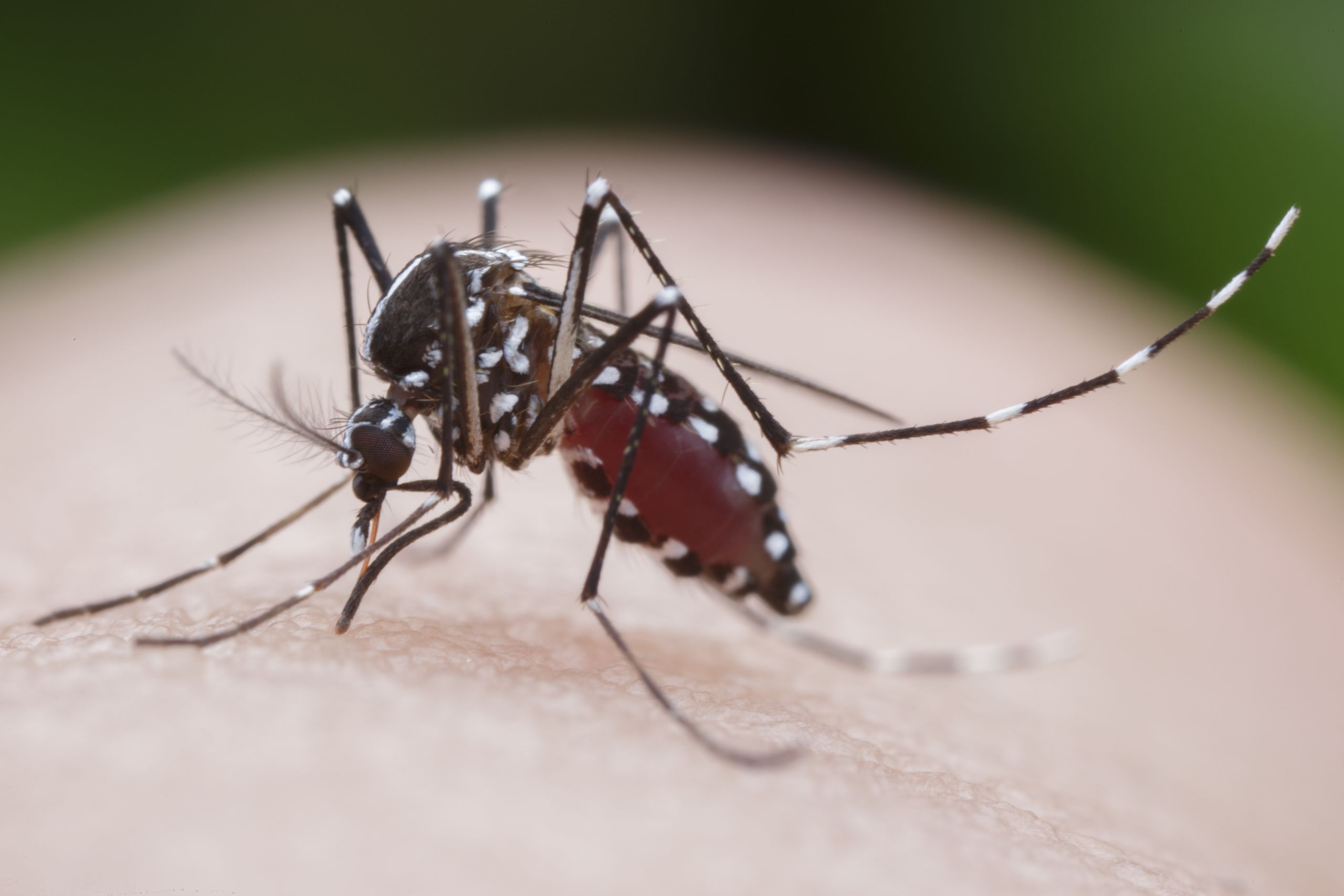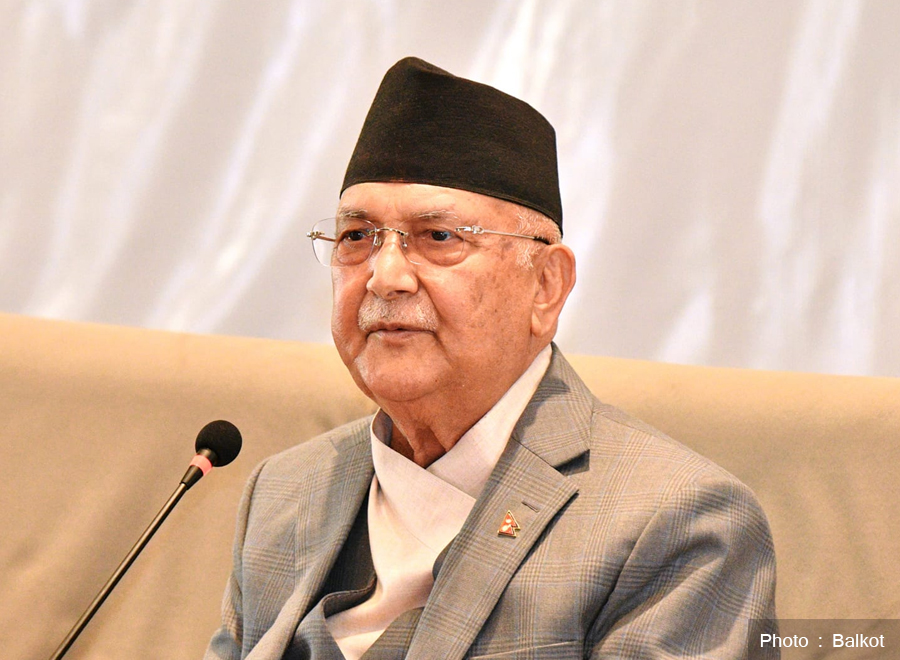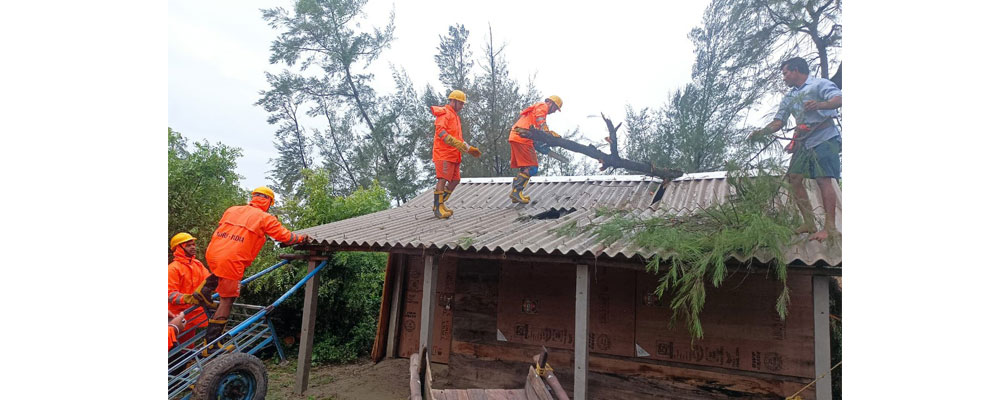Dengue Fever Wreaks Havoc in South Asia Amid Climate Change Impact

Kathmandu – Mosquito-borne dengue fever is taking a devastating toll on South Asian nations this year, with Bangladesh grappling with a historic death toll and Nepal facing the rapid spread of the disease in new areas. Disease experts are linking these worsening outbreaks to the impacts of climate change.
Climate Change Fuels Dengue Epidemic:
Authorities in Bangladesh and Nepal are racing to contain and treat dengue, also known as “breakbone fever” due to its severe symptoms. Entomologists and epidemiologists point to rising temperatures and longer monsoon seasons as ideal breeding conditions for mosquitoes, which transmit the disease.
Global Dengue Threat:
This threat is not limited to South Asia, as dengue rates are surging worldwide. The World Health Organization (WHO) reported 4.2 million cases in 2022, marking an eightfold increase since 2000. Earlier this year, WHO declared dengue the fastest-spreading tropical disease globally, labeling it a “pandemic threat.”
Bangladesh’s Alarming Statistics:
In Bangladesh, the situation is dire, with at least 691 deaths and over 138,000 infections recorded in 2023, making it the deadliest year since the first epidemic in 2000. The spread of the dengue-carrying Aedes aegypti mosquito across the entire country raises concerns of more infections during the ongoing monsoon season.
Nepal’s Struggle:
Meanwhile, Nepal, which first reported dengue in 2004, has seen at least 13 deaths and over 21,200 cases across 75 of its 77 districts in 2023. Rising temperatures have led to dengue cases appearing even in colder months, with higher mountain districts now grappling with the disease’s spread.
Climate Change’s Role:
The WHO attributes the rise in dengue cases partially to global warming, which favors mosquito proliferation, along with factors like increased human movement, urbanization, and sanitation issues. Climate change-induced floods and changing weather patterns further exacerbate the problem.
International Efforts:
Efforts to combat dengue include mosquito control, public awareness campaigns, and symptom management. Civil society and organizations like the International Red Cross are actively involved in raising awareness and providing support, but the cost of treatment remains a challenge, especially for ordinary families.
Dengue remains a pressing concern, requiring global attention and collective action to combat its spread, particularly in regions vulnerable to the effects of climate change


















Facebook Comments